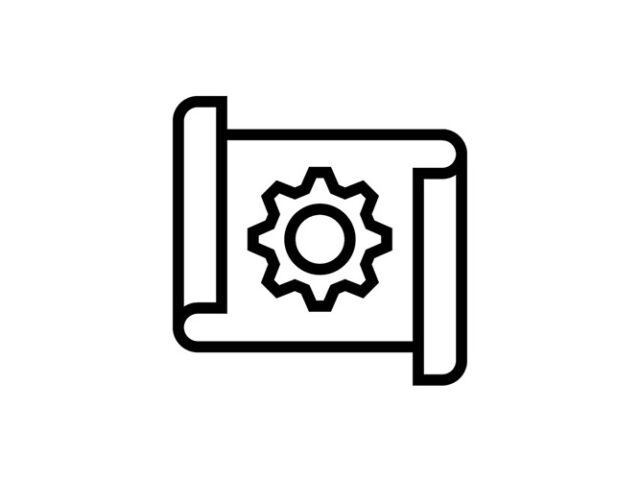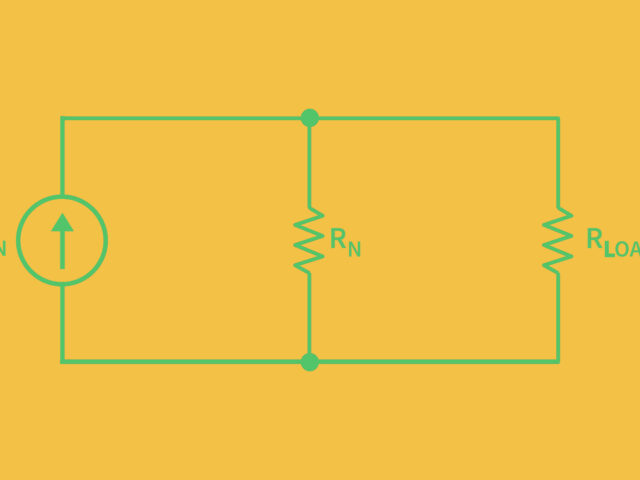Signal processing is a fundamental aspect of electrical and electronics engineering, underpinning many of the technologies and systems we use daily. From communications to control systems, understanding signal processing is crucial for aspiring engineers. This guide aims to introduce the basic concepts of signal processing, providing a foundation for students to build upon in their studies and future careers.
Understanding signals and their importance
At its core, signal processing involves the analysis, modification, and synthesis of signals. Signals can be anything from sound waves captured by a microphone to data transmitted over a wireless network.
In the realm of electrical engineering, signals are often electrical representations of physical quantities like sound, light, temperature, or pressure.
Types of signals: analog vs. digital
Analog signals are continuous, representing varying quantities. Think of the fluctuating voltage in a speaker that creates sound waves.
Digital signals, on the other hand, are discrete, often represented in binary format. They are crucial in digital electronics and computing.
Fundamental concepts in signal processing
- Sampling: The process of converting an analog signal into a digital signal by measuring its amplitude at regular intervals.
- Filtering: Used to remove unwanted components or features from a signal. Filters can be analog or digital, with applications ranging from noise reduction in audio to removing interference in communication signals.
- Fourier transform: A mathematical tool used to transform signals between time and frequency domains, revealing the frequency spectrum of a signal.
Applications in electronics and communication
In communications, signal processing is used for encoding, encrypting, compressing, and transmitting data efficiently and reliably.
In electronics, it’s applied in designing and operating devices like radios, televisions, and smartphones, where signals are processed for various purposes, such as enhancing picture and sound quality.
Getting hands-on: simple signal processing projects
For beginners, a great way to learn is through practical projects. One basic project could be designing a simple digital filter to clean up an audio signal using software like MATLAB or Python.
Another project could involve using a microcontroller to collect analog sensor data, convert it to digital, and then apply a Fourier Transform to analyse the frequency content of the signal.
Future trends and advanced studies
The field of signal processing is continually evolving, with advancements in machine learning and AI opening new frontiers.
For those interested in further studies, topics like adaptive signal processing, digital signal processors (DSPs), and wavelet transforms offer advanced areas for exploration.
Signal processing is a versatile and essential field within electrical and electronics engineering. For students, grasping these basics is not just about passing exams; it’s about laying the groundwork for innovation and excellence in a digitally dominated world. As technologies advance, the role of signal processing in engineering becomes more pronounced, making it an exciting area for ongoing learning and application.




